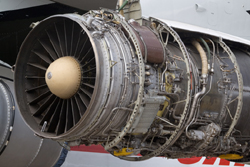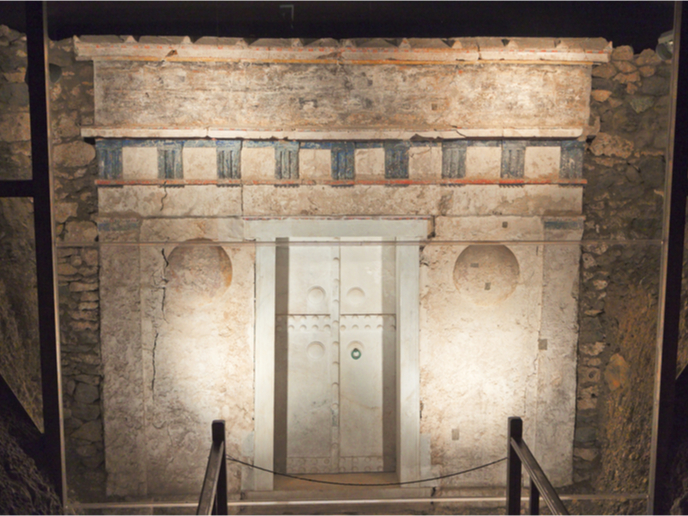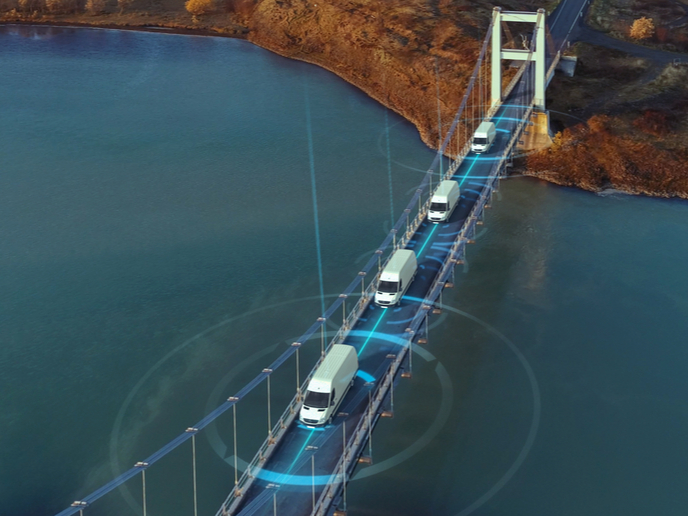Remote processing of non-destructive inspection data
The field of Non-Destructive Testing (NDT) is a very broad, interdisciplinary field. NDT engineers define and implement tests that detect material conditions and flaws that might otherwise cause planes to crash, reactors to fail, trains to derail, pipelines to burst, and a variety of less visible, but equally troubling events. In order for example to locate a rail crack, a specific train inspects the two rails with ultrasonic probes, moving with a speed up to 50km/h. Three probes observe each rail: one vertical probe for longitudinal cracks and two inclined probes for transversal cracks with privileged angle. Ultrasonic pulses are triggered at constant space distance, driven by the running speed of the train. The reflected amplitudes of ultrasonic echo are then used for failures' detection. These amplitude scans (ASCANs) present at all non-destructive tests are processed with the aid of a commercial software product, the PV WAVE. It is a visual data analysis tool that lets users interactively explore and quickly manipulate and analyse their data. To develop affordable, robust Non-Destructive Inspection (NDI) processes and technologies has been the aim of the INDET project. Specifically the French Dassault Aviation S.A. an INDET project partner, has developed a web virtual environment that facilitates real-time data and information processing for remote inspection training, set-up and mainly diagnosis. With a Java applet, the Jwave 3.5 the web version of PVWAVE, an inspection engineer can now remotely make accurate and reliable diagnoses. The applet serves as a web interface between the inspectors' workstation (client) and the central server where all data and software codes are stored. After collection of all necessary information and data from the server and effective testing parameter setting, the detected defects are published in an electronic document. The Java software has been extensively tested and is now available for demonstration.







